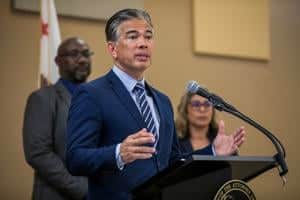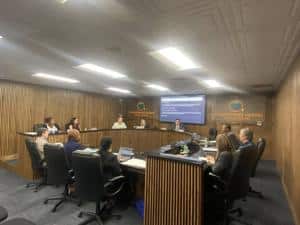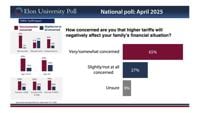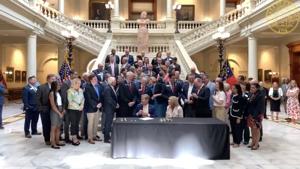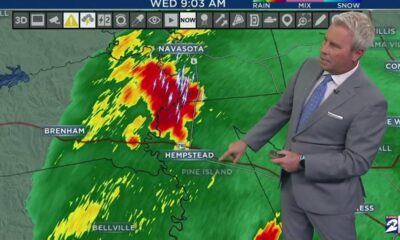(The Center Square) – Dozens of groups are urging Congress to overturn the Biden administration’s approval of California’s gas car ban, under which new gas-powered cars must be 100% zero-emission by 2035 and 35% for the model year 2026 vehicles already starting to arrive at dealers.
The rules apply not only to California, but Washington, D.C. and the 11 other states that have signed on to adopt California’s gas-car-banning emissions standards, making up 40% of the U.S. market.
“Mandating EVs amounts to very bad policy that would lead to higher automobile sticker prices, less economic activity, and virtually no consumer choice,” wrote the 26-group conservative coalition in its letter supporting House Joint Resolution 88, facing a key vote this week. “Thankfully, H.J. Res 88 repeals this waiver, providing greater regulatory certainty and giving Americans the freedom to choose the type of vehicle they want – rather than follow California’s failed policies that have made gas prices among the highest in the nation.”
The letter’s 26 signatories include the California Policy Center, a center-right think tank, and Citizens for Prosperity, a libertarian advocacy group.
ZEV market share in California declined from 22% in 2024 to 20.8% in the first quarter of 2025, leading Toyota to say the state’s ZEV targets are “impossible” to meet. To hit 35%, ZEV market share would need to increase 68% practically overnight.
Carmakers earn credits for selling qualifying battery-electric and plug-in-hybrid vehicles. Those who don’t have enough credits to keep selling standard hybrid or internal combustion vehicles can purchase credits from those with excess credits, such as Tesla.
But if there aren’t enough credits to go around, carmakers could face fines of $20,000 per non-ZEV vehicle sold for each credit they are short, which has led dealers to warn they may be forced to only offer pricier plug-in-hybrid and all-electric models.
“If CARB doesn’t pause or adjust the ACCII mandate, we are concerned automakers will restrict shipments of traditional hybrids and affordable gas-powered models to avoid massive fines,” said CNCDA President Brian Maas in an earlier statement to The Center Square. “This is occurring in California’s heavy-duty truck marketplace, which has been devastated by similar CARB rules that took effect in January 2024.”
The Advanced Clean Cars II mandate applies to Massachusetts, New York, Oregon, Vermont and Washington for model year 2026, and Colorado, Delaware, Maryland, New Jersey, New Mexico, Rhode Island and Washington, D.C. for model year 2027.
California’s air regulations — created to combat the state’s notorious smog — predate the EPA, which must grant a waiver for each regulation in excess of EPA standards. The Biden administration’s EPA approved ACC II in December 2024, but the Congressional Review Act allows Congress to overturn executive regulatory decisions within 60 legislative days.
The House Rules Committee approved consideration of H.J. Res 88 and an exclusion of the next few months from counting toward the 60-day clock at an April 28 hearing, paving the way for the measure to advance through the House and to the Senate.
With the Senate parliamentarian having blocked a similar measure from originating in the Senate, the House resolution is the last option short of a court decision or revision in the California legislature that could reverse the rule.
The resolution now heads to the House Committee on Energy and Commerce, where it will soon be scheduled for a vote.

